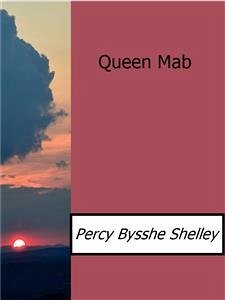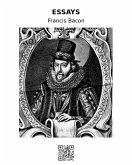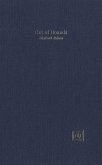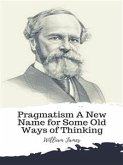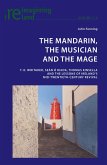Queen Mab; A Philosophical Poem; With Notes, published in 1813 in nine cantos with seventeen notes, is the first large poetic work written by Percy Bysshe Shelley (1792–1822), the English Romantic poet. This poem was written early in Shelley's career and serves as a foundation to his theory of revolution. It is his first major poem. In this work, he depicts a two-pronged revolt involving necessary changes, brought on by both nature and the virtuousness of humans. Shelley took William Godwin's idea of "necessity" and combined it with his own idea of ever-changing nature, to establish the theory that contemporary societal evils would dissolve naturally in time. This was to be coupled with the creation of a virtuous mentality in people who could envision the ideal goal of a perfect society. The ideal was to be reached incrementally, because Shelley (as a result of Napoleon's actions in the French Revolution), believed that the perfect society could not be obtained immediately through violent revolution. Instead it was to be achieved through nature's evolution and ever-greater numbers of people becoming virtuous and imagining a better society. He set the press and ran 250 copies of this radical and revolutionary tract. Queen Mab is infused with scientific language and naturalising moral prescriptions for an oppressed humanity in an industrialising world.
Bitte wählen Sie Ihr Anliegen aus.
Rechnungen
Retourenschein anfordern
Bestellstatus
Storno

